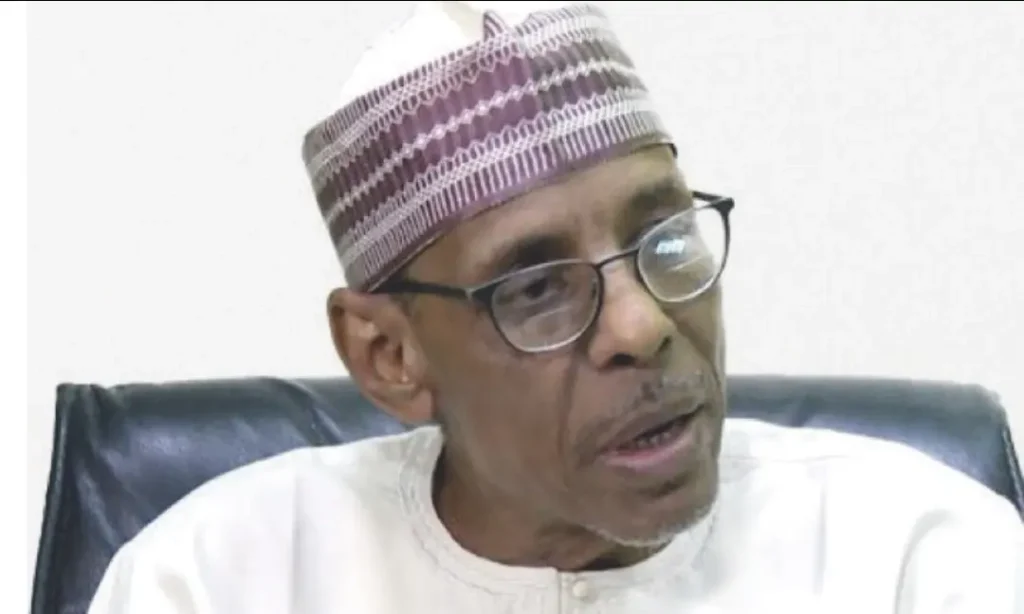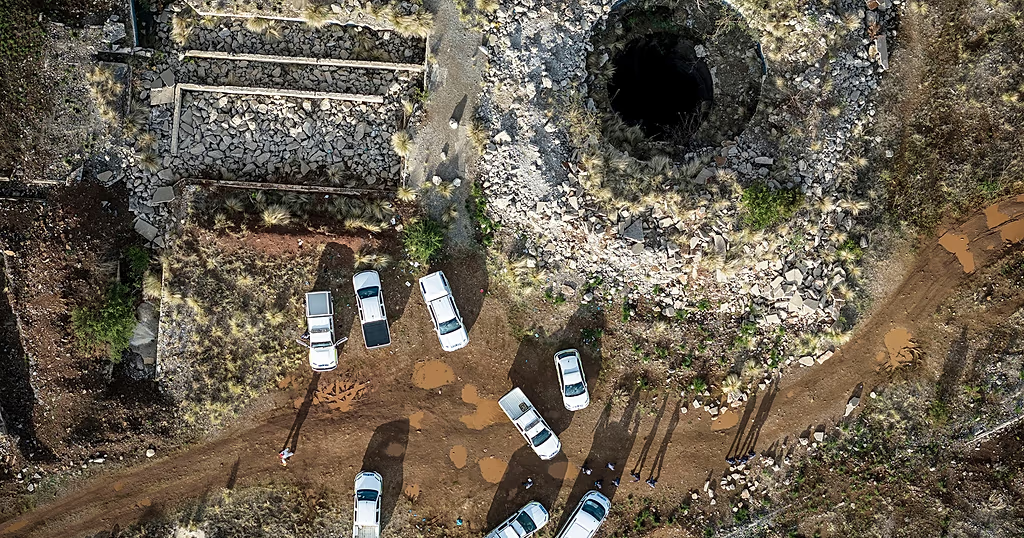Flood Devastation in Nigeria: UN Secures Funding for Relief Efforts
In the face of unprecedented flooding in Nigeria, the United Nations has announced a significant injection of funds to support relief efforts in the affected region. Mohammed Fall, the Humanitarian Coordinator in Nigeria, has announced that the Nigeria Humanitarian Fund has secured 6 million dollars to support flood victims in Borno State.
The flooding, which began after the collapse of Alau Dam on September 10, has forced hundreds of thousands of people from their homes. The dam, located just over 10 miles south of Maiduguri, the capital of Borno, has caused widespread destruction, with river water overrunning 50 per cent of the city. The UN has reported that more than 125,000 hectares of farmland have been damaged, exacerbating the country’s existing food insecurity crisis.
UN Spokesperson Stephane Dujarric, speaking at a news conference in New York, said that a joint mission comprising UN agencies, NGOs, and the Nigeria Red Cross Society had visited Maiduguri over the weekend. Dujarric met with affected individuals, many of whom had already been displaced multiple times due to conflict and insecurity in the region.
"We are providing hot meals, facilitating air drops of food in hard-to-reach areas, and trucking in water to affected communities," Dujarric said. The UN is also providing water and sanitation hygiene services, water purification tablets, hygiene and dignity kits, and emergency health and shelter services.
Emmanuel Bigenimana, the head of the World Food Programme (WFP) office in Maiduguri, echoed Dujarric’s sentiments, describing the devastation he witnessed during a recent rapid assessment of damage and needs. "What I have seen is really heartbreaking," he said. "Many, many people – over 200,000 to 300,000 displaced people – are overcrowded in several IDP camps and also on the streets."
Bigenimana stressed that the flooding is an additional burden on already existing crises in the region, which has faced conflict for a decade. "This region has been facing conflict for a decade, and more recently, we have seen food inflation, food prices have been skyrocketing, really affecting millions of people who are facing food insecurity," he added.
The UN’s food agency has reported that 800,000 people in 29 states across Nigeria have been affected by floods as of September 2024, with over 550,000 hectares of cropland flooded. As of March, 32 million people in the country were already facing acute hunger. The agency has appealed for 147.9 million dollars to support food insecure people in Nigeria’s northeast over the coming six months.
As the region struggles to recover from the devastating floods, Bigenimana emphasized the need for more resources to save lives and respond to the crisis. "We need more resources to save lives and to put together efforts to respond to the crises – and also think of longer-term recovery and solutions," he said.
The international community has come together to support relief efforts in Nigeria, a country already grappling with numerous challenges. As the flood-affected populations in Maiduguri begin the long road to recovery, it is clear that a coordinated and sustained response is crucial to mitigating the impacts of this disaster.



